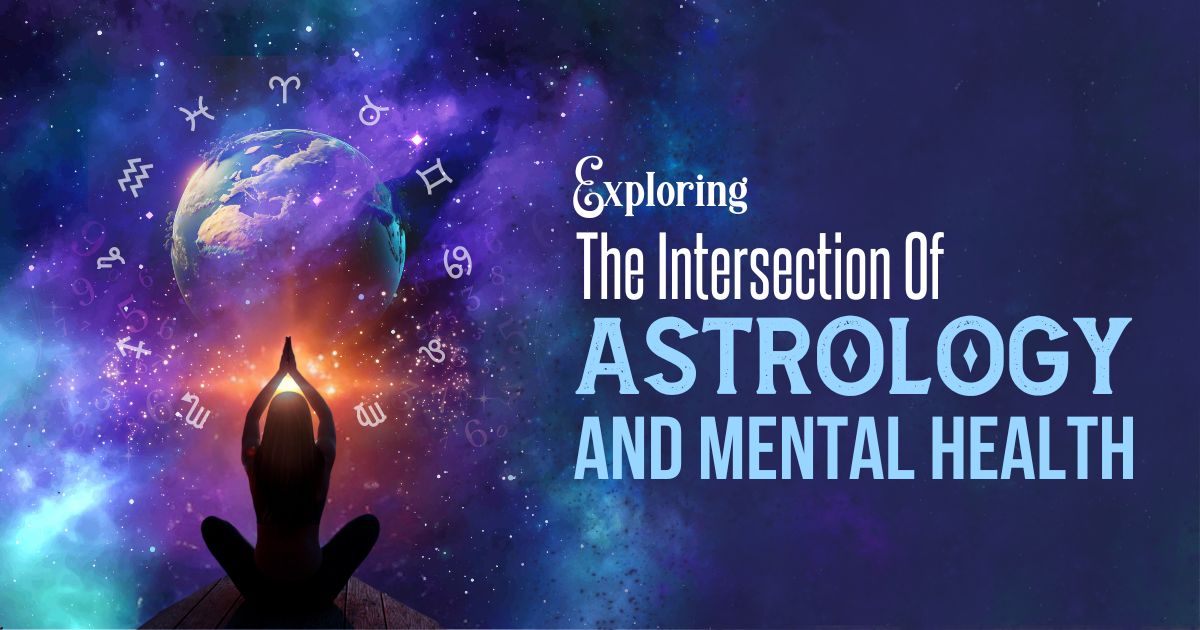In the world of Indian cinema, Imtiaz Ali’s “Tamasha” stands out as a film that delves deep into the mental health complexities through the character of Ved Vardhan Sahni, portrayed by the talented Ranbir Kapoor.
While the film garnered both praise and criticism, it undeniably resonated with audiences who appreciated its unique approach to addressing mental health complexities.
In a recent conversation with Film Companion, Imtiaz Ali responded to questions about Ved’s mental health complexities, shedding light on his perspective as a filmmaker.
Imtiaz Ali’s response to the question of whether Ved is portrayed as bipolar was intriguing. He stated, “As a film director, I am not capable of providing anyone with the text.”
“There are other psychiatrists who would be doing this job. I am not qualified even to say what falls under which category of mental health illness. But, being a human being of a certain type, I can bring you stories of love and make you feel in a certain way.”
“Maybe you can associate with them, and perhaps a small percentage of people can feel that love that fills your heart and makes you feel more comfortable in life.”
This response highlights an important aspect of “Tamasha” – it doesn’t aim to diagnose or categorize Ved’s mental health condition but rather serves as a narrative platform to explore his mental heath complexities.
The film unfolds Ved’s life in three distinct stages: as a 9-year-old child, a 19-year-old youngster, and a 30-year-old adult, presenting his journey in a nonlinear fashion.
This narrative structure allows viewers to gain a profound understanding of his struggles and growth.
At its core, “Tamasha” is a story of self-discovery. Ved finds himself trapped in a corporate world, suppressing his true passion and creativity.
His life takes an unexpected turn when he crosses paths with Tara Maheshwari, played by Deepika Padukone, who becomes an essential character in his journey.
Tara understands and accepts the mental health complexities of Ved, providing him with the support and love he needs to embrace his authentic self.
The film’s portrayal of Ved’s mental health challenges has sparked discussions and debates.
Some viewers have criticized the movie for potentially romanticizing mental health issues, while others have lauded it for shedding light on the topic in a sensitive and relatable manner.
It is essential to consider the differing perspectives and interpretations of the film’s treatment of mental health.
One of the criticisms leveled at “Tamasha” is the potential misdiagnosis of Ved’s condition as bipolar disorder.
Mental health experts argue that diagnosing a character in a movie should be handled with caution, as it may perpetuate misconceptions about mental health.
However, Imtiaz Ali’s approach of not explicitly categorizing Ved’s condition can be seen as a deliberate choice to allow viewers to focus on the emotional journey rather than the diagnostic labels.
The film’s nonlinear narrative structure adds depth to Ved’s character and mental health exploration.
By showcasing pivotal moments in his life at different stages, “Tamasha” underscores the idea that mental health is not static; it evolves over time, influenced by experiences, relationships, and personal growth.
This approach allows the audience to empathize with Ved’s struggles and growth as they witness the complexities of his mind unravel.
Imtiaz Ali’s decision to emphasize the role of love and relationships in Ved’s journey is also noteworthy.
Through his relationship with Tara, Ved learns to accept and express his true self. This portrayal highlights the significance of social support and understanding in managing mental health challenges.
It sends a powerful message about the positive impact of compassion and acceptance on individuals facing mental health issues.
While “Tamasha” initially fell short of commercial success, grossing Rs 136.63 crore worldwide against its Rs 87 crore budget, it has garnered a devoted following over time.
This growing appreciation can be attributed to the film’s unique exploration of mental health, its rich character development, and its ability to resonate with viewers on a personal level.
In conclusion, “Tamasha” serves as a thought-provoking cinematic exploration of mental health complexities through the character of Ved.
Imtiaz Ali’s decision not to diagnose Ved’s condition explicitly opens the door for diverse interpretations and discussions surrounding mental health.
The film’s nonlinear narrative structure and emphasis on love and acceptance make it a compelling addition to the conversation on mental health in Indian cinema.
Whether critics or supporters, “Tamasha” has undoubtedly left a lasting impact on its audience by shedding light on the intricate journey of self-discovery and mental well-being.




























